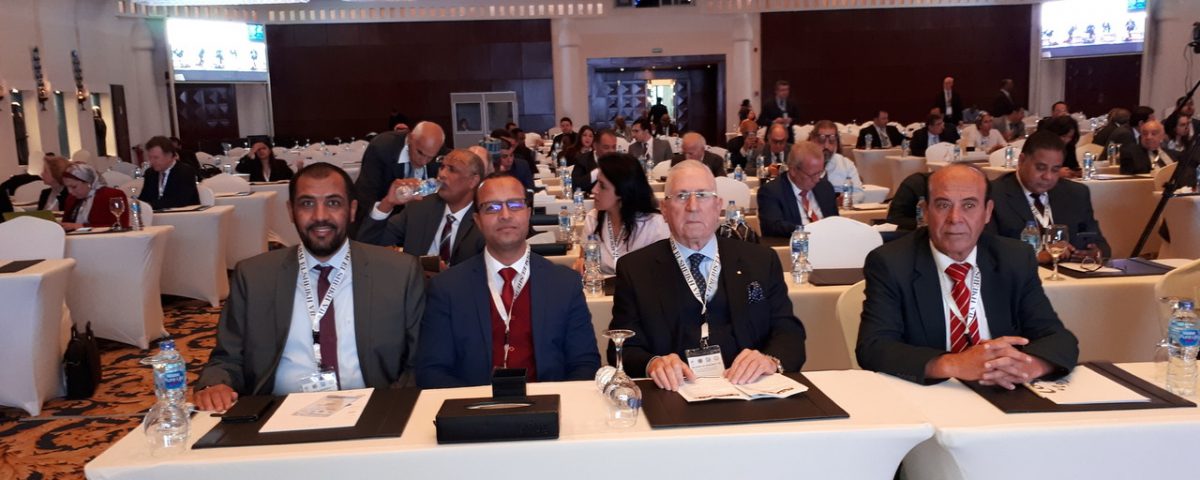
Internship offered for one (1) scandinavian or eastern european student
2018-11-07
The Cairo Court of Appeal’s decision dated June 3, 2020 in Al-Kharafi vs Libya
2020-07-01The first session of the Sharm Elsheikh 7 Arbitration Conference on the Role of State Courts in International Arbitration (The vital role of the judiciary in arbitration) was organized by the Cairo Regional Center for International Commercial Arbitration on 9 and 10 December 2018. In the first session, the speakers addressed the most important legislative and judicial developments affecting the role of courts in the field of international arbitration. The speakers in this first session were:
-Dr. Achille Ngwanza: Member of the Court of International Chamber of Commerce (ICC) ICC Court, President of the OHADA Working Group of the French Committee of Arbitration (CFA) (Cameroon): “Preventing denial of arbitral justice: The Role of the Judiciary”
-Professor Hadi Selim, Professor of Law, Francois Rabelais University (France – Lebanon): “Punitive Damages in International Commercial Arbitration: A comparative perspective”
-Mr. Thomas Snider (UAE) ( replacing Professor Ali Al Zarouni): “The Role of State Courts under the UAE Federal Law No. 6 of 2018 on Arbitration: Bringing the UAE with International Norms“.
-Mr. Omar Al-Jazi, Managing Partner, Aljazy & Co. (Advocates & Legal Consultants ) (Jordan): “The Role of the Judiciary in Light of the New Amendments of the Jordanian Arbitration Law.”
-Dr. Michael Bühler, Partner, Jones-Paris Office (France-Germany): “The Role of State Courts under the 2018 OHADA Arbitration Law Reform, bringing celerity and predictability to the arbitral process.”
Among the most important points that were discussed in this debate is the question of the different perspectives that Civil law countries (including most Arab countries) and Common law countries have with respect to punitive damages or compensations. Professor Hadi Salim confirmed a radical difference between these two systems; on the other hand, Mr. Ouerfelli stated that the Court of Appeal in Tunisia issued a judgment about a century ago, specifically in 1921, in which it ordered the defendant to pay a punitive damages (dommages-intérêts punitifs) that did not have a compensatory nature under article 278 of the Code of Obligations and Contracts based on the fact that there was “no doubt” that Defendant was using plaintiff’s land without this latter’s consent. Consequently, Mr. Ouerfelli concluded that despite some differences, there are bridges between Civil law system (in particular Arab countries’ laws which are derived in part or entirely from Islamic law) and the Common law system .



